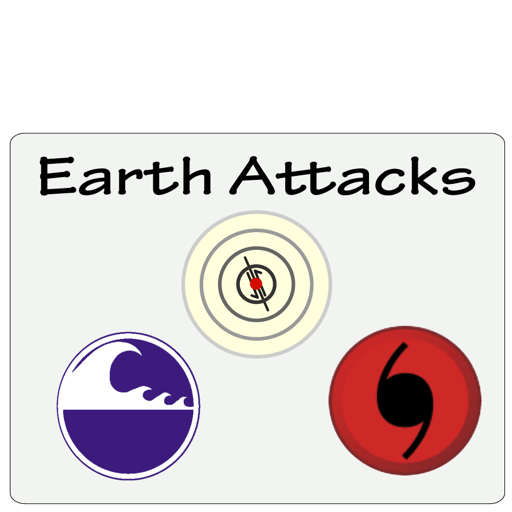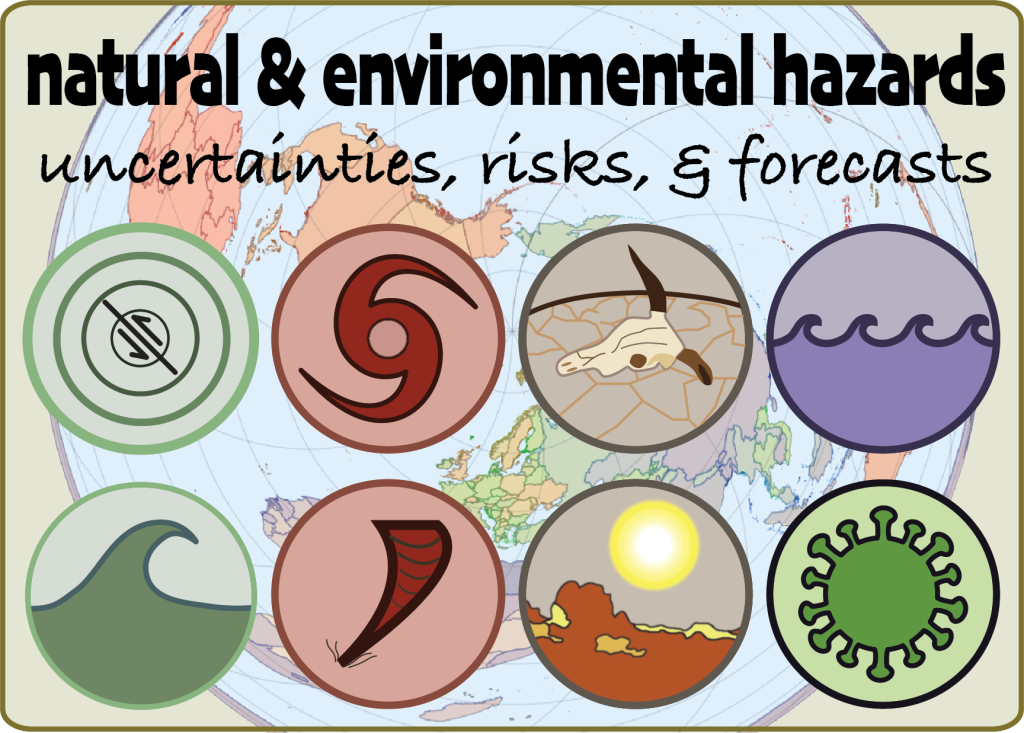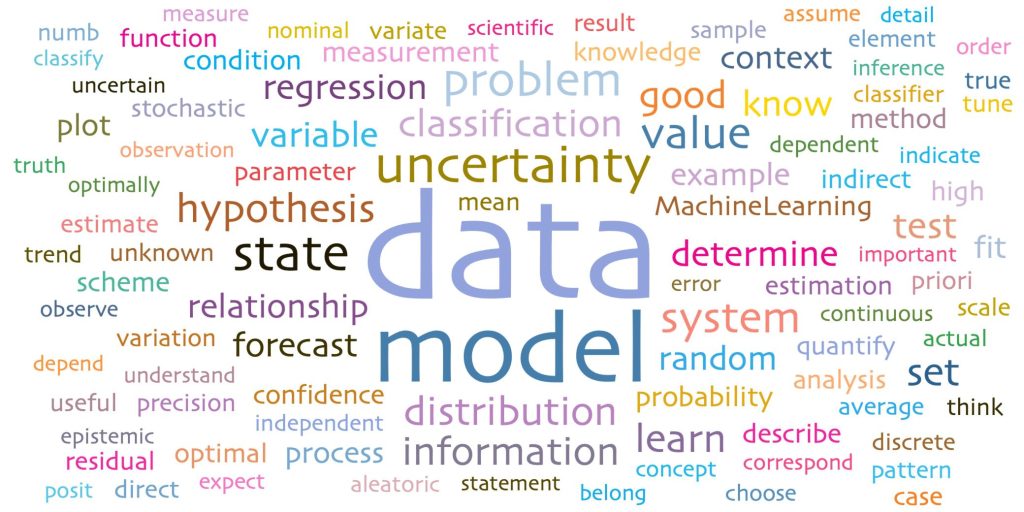teaching resources & demos
I have posted a collection of animations and videos over on my YouTube channel, please feel free to use if you find useful. If you would like video or animated gif files, feel free to contact me.
courses at the University of Michigan

EARTH 108: When Earth Attacks
Every year natural disasters, such as earthquakes, volcanic eruptions, tsunamis, landslides, floods, hurricanes, and tornados, can lead to tens of thousands of deaths and tens of billions of dollars in economic damage. This course will explore the science behind natural disasters, with the main focus on earthquakes, tsunami, and hurricanes. Emphasis in the lectures will be on developing a scientific understanding of the hazards in order to inform ability to assess hazard and provide early warning. The course will also address how natural disasters can lead to changes in both science and public policy.

EARTH/ENVIRON 230: Natural & Environmental Hazards
Society faces considerable risk of future natural and environmental disasters. These types of disasters have resulted in significant societal loss, including not only loss of human life, but significant health effects, economic costs, and damage to natural resources. Natural disasters are often considered to be inevitable acts of nature that we are powerless to affect, while environmental hazards are most often attributed to direct human influence. However, both natural and environmental hazards are influenced by natural processes and human activity to varying degrees. Moreover, society can have profound impact on the scale of the loss in a disaster, either exacerbating the loss through failure to prepare or ineptitude in response, or mitigating against loss through effective preparation and response.
This class will explore the scientific process, risk, & uncertainty of knowledge in context of policy & society within a framework of natural & environmental hazards. Lectures will touch on the science of natural and environmental hazards, emphasizing the differing levels of uncertainties in the science. Lectures will also address the subjectivity in knowledge and the connection between science and the public realm.

EARTH 468: Data Analysis, Estimation, & Inference
This course will introduce Earth and physical science students to methods in data analysis, probabilistic inference, and model estimation (i.e., touching on concepts in machine learning and data science). Emphasis will be on concepts and practical use, and not detailed theoretical background. In this course, students can expect to gain knowledge of available tools and confidence in their application.
EARTH 525: Tectonophysics
This graduate level course is co-taught with Prof. Nathan Niemi, and focuses on the deformation of the lithosphere. Prof. Niemi covers the geological aspect, which Prof. Hetland covers the dynamics aspects. Continuum mechanics and fluid dynamics are integral to the material treatment. Specific topics include, but are not limited to: geodetic methods, finite strain, dislocation theory, paleoseismology, critical wedge theory, isostatic adjustment/rebound, Rayleigh-Taylor instabilities, lithosphere strength and plate flexure.
ad-hoc seminars
- power-law scaling (Fall 2016)
- the earthquake cycle (Fall 2012)
- stress: faulting & landslides (Fall 2010)